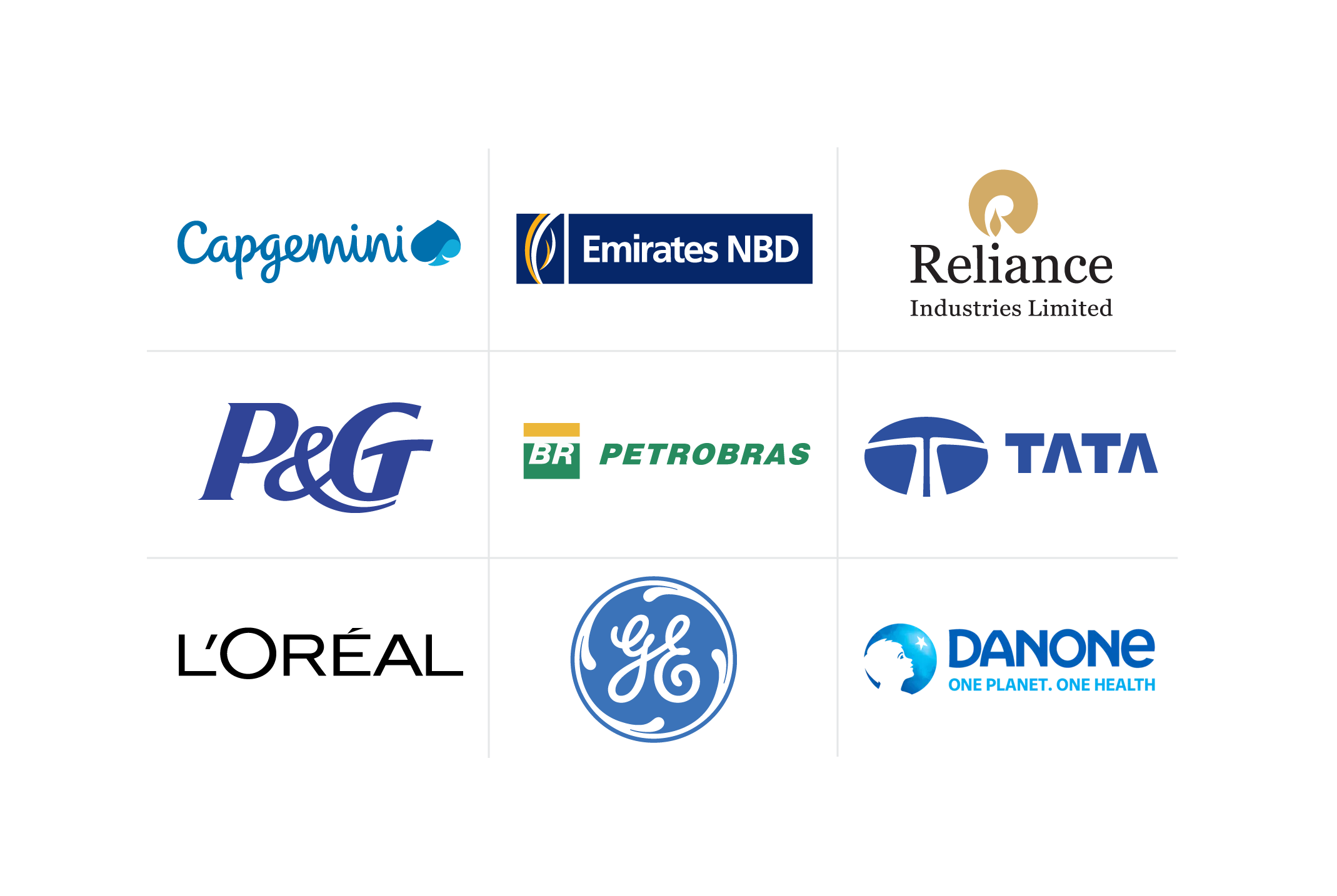What Is Effective Leadership?
Learn the skills and traits you need to become an effective and successful leader in the workplace.
![[Featured Image] A female leader sits in front of a group of employees.](https://d3njjcbhbojbot.cloudfront.net/api/utilities/v1/imageproxy/https://images.ctfassets.net/2pudprfttvy6/17x8MLFkwECJKaPxzWZNTk/6e3676f22033ab9d8b9573b5afa7a8c0/iStock-509554372.jpg?w=1500&h=680&q=60&fit=fill&f=faces&fm=jpg&fl=progressive&auto=format%2Ccompress&dpr=1&w=1000)
Strong leadership skills are necessary for those holding positions of influence at any business or organization. As an employer, boss, team lead, or mentor, you must know how to lead your teammates, employees, and mentees and how to do so effectively. An effective leader in the workplace helps establish trust and unity and aids in getting the task at hand done well.
What is effective leadership?
An effective leader is one that others rely on. Effective leaders are trustworthy, understanding, and communicative. When leadership performs well and correctly, the leader is the person that individuals feel comfortable coming to when they have problems that need resolving or want to talk through a specific situation.
What does an effective leader do?
Effective leaders work with their employees and teammates to reach a common goal. As an effective leader, you make your colleagues feel part of one team with the same result in mind. You lead them in making decisions that will benefit that result and bring new ideas and innovations that will enhance your work and inspire others to do the same.
Traits of an effective leader
Self-confidence: Confidence is inspiring. When you’re confident in your decision-making, you inspire others to gain their confidence. Self-confidence shows that you trust yourself, which indicates that others should also feel comfortable trusting you as a leader.
Influential: As an effective leader, your ideas impact others. This typically influences them to create their ideas, and they look to you as the person they can turn to when they have questions.
Decisive: Effective leaders are good at making decisions to continue moving forward. As an effective leader, you don’t waiver or change your mind frequently. You make a choice and stick with it with the best interests of everyone in mind. That doesn’t mean effective leaders don’t take feedback, but they have a strong decision-making process that they trust.
Patience: Effective leaders think before making decisions. They are thoughtful and patient when processing new information and deciding on and implementing an idea. Leaders persevere when things get hard, too. They are tenacious and continue working diligently and seeing things through.
Positivity: Positivity motivates employees and encourages them to find the good in all situations. Even when things are difficult, maintaining a positive attitude is one of the best things you can do as a leader. You have to remind your team of the good in the situation while still having empathy and understanding their frustrations. This will allow everyone to move forward and reach the same common goal.
Effective leadership skills
As an effective leader, you need specific leadership skills that help you positively influence others and make yourself easily accessible, trustworthy, and reliable.
Communication
Effective leaders are communicative individuals. As an effective leader, you communicate with your team members and make them feel heard. Articulating your thoughts, feelings, and ideas to your team is vital in creating a good foundation among one another and allows others to feel like they can come to you with their ideas.
Adaptability
Change is inevitable, so it’s essential to keep that in mind. As an effective leader, you’ll have to adapt to changes, such as new hires, problems that need solving, or new ideas brought to your attention. Showing your team that you are adaptable and ready to embrace change proves you have the skills to be an effective leader.
Collaboration
Working with your team is essential to being a good, effective leader. Collaboration makes employees feel like you listen to them and want to hear their thoughts and ideas. Effective leaders work alongside their team and lead by example, ensuring everyone’s ideas are welcome and helpful, assisting them in reaching the same goal.
Personal development
Effective leaders are always looking to grow and improve themselves. As an effective leader, you want your teammates to know you will continue looking for ways to improve yourself. A good leader wants to learn new things and ways to get things done, as personal improvement is always possible.
Who uses effective leadership?
Effective leadership looks different in every industry, field, or position, but ultimately, it comes with the same focus of leading others and inspiring them to reach a common goal. Leadership is essential in the workplace as leaders become someone others turn to and count on when they need guidance.
Leadership in a business setting is important in guiding your employees and colleagues toward the end goal. Bill Gates (Microsoft), Steve Jobs (Apple), and Jerry Yang (Yahoo!) are recent examples of effective corporate leaders. When you act as an effective leader in a business setting, you promote teamwork, unity, and a sense of direction. Strong business leadership is a guiding force that inspires those around you to work harder, which includes encouraging yourself to face challenges and push innovative boundaries.
How to become an effective leader
Becoming an effective leader requires effort, experience, and education over time. You have to work hard on your leadership skills and learn more about yourself as a leader to be successful. Doing the following things can lead you on the path to becoming an effective leader:
Set goals.
An effective leader is realistic and sets goals that are reachable as a team. When you set goals, make them both challenging and attainable. By challenging yourself and your teammates, you allow room for growth, but having achievable goals ensures accomplishment. Setting goals shows you have a place you want to end up in and will work hard to get there.
Build trust.
To foster trust, you must build and nurture relationships. Forming long-lasting connections on a personal and professional level makes others feel welcome and valued and makes you more trustworthy as a leader. Slowing down and getting to know those around you will often help you become a better team and build a foundation that can work through anything.
Ask for feedback.
Feedback is necessary to evaluate your leadership performance and where you have room for improvement. By asking for feedback, you invite your teammates to share their opinions and perspectives and remind them that you want to improve.
Continue to grow.
Effective leadership is an ongoing process, not a result. The path to becoming an effective leader is continuous and can change and evolve as you change and evolve. To fully become an effective leader, you have to leave room for yourself to grow and adapt to new roles, tasks, and situations.
Getting started with Coursera
To start or continue your journey to becoming an effective leader, consider taking a course to improve your skills. The Leading People and Teams Specialization from the University of Michigan or the Inspired Leadership Specialization by Case Western Reserve University offer the tools you need to become a more effective leader in the workplace. Upskilling and developing a group of leaders in your organization? Coursera for Business uses role-based assessments to identify skills gaps and advancement opportunities.
This content has been made available for informational purposes only. Learners are advised to conduct additional research to ensure that courses and other credentials pursued meet their personal, professional, and financial goals.


